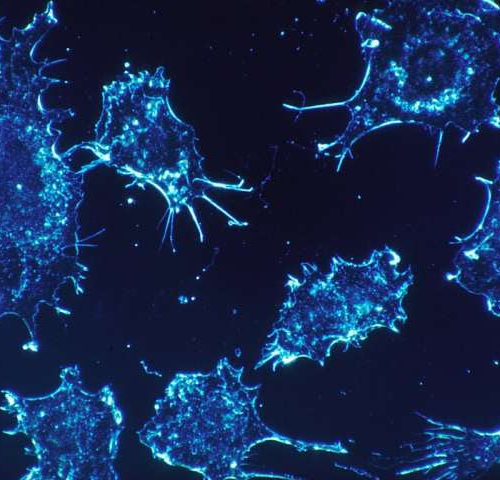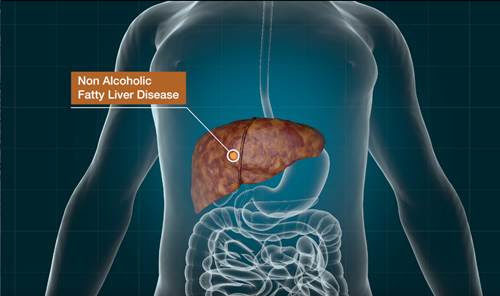For hundreds and hundreds of years people have tried to stop the aging process. However, their efforts have never yielded any positive results – there is no youth elixir. Even with the latest scientific advancement we cannot stop the damage that time does on our bodies. But now scientists from Saarland University have figured out...
Tag: <span>metabolic</span>
New study finds that menopause increases risk of metabolic syndrome
Researchers suggest that lifestyle interventions can be effective in helping women with metabolic syndrome prevent diabetes and heart disease THE NORTH AMERICAN MENOPAUSE SOCIETY (NAMS) CLEVELAND, Ohio (July 1, 2020)–Perimenopause is a time when women become more vulnerable to a number of health problems. A new study based on data from the Canadian Longitudinal Study...
Researchers find on-off switch for inflammation related to overeating
by Brita Belli, Yale University Researchers at Yale have identified a molecule that plays a key role in the body’s inflammatory response to overeating, which can lead to obesity, diabetes, and other metabolic diseases. The finding suggests that the molecule could be a promising therapeutic target to control this inflammation and keep metabolic diseases in...
Re-purposed drugs could reverse blood vessel damage in diabetes
by University of Leeds The blood flow in the surface blood vessels of a mouse that was not treated with M-3. Drugs that were developed to treat Alzheimer’s Disease could be re-purposed to prevent—or even reverse—the damage done to the blood vessels in people who are obese or suffer from type 2 diabetes, according to...
A metabolic enzyme drives lymphoma and is a potential drug target
by Memorial Sloan Kettering Cancer Center Because of how aggressively they divide, cancer cells have an increased demand for building materials and energy. They meet these added demands by altering their metabolism—taking in larger amounts of fuel, for example. Historically, these metabolic changes have been considered a consequence rather than a cause of cancer, and...
Premature epigenomic aging acts like a ‘sleeper cell’ that is awakened by Western-style diet
by Baylor College of Medicine The epigenome is sometimes referred to as the “software” or “operating system” of the genome. It comprises small chemical modifications to DNA and the proteins that make up our chromosomes, and controls the activity of all the genes within the genome. During early life, as our organs develop, the epigenome...
Cancer’s reliance on fat could be targeted with new ‘drugs and diet’ treatment
by Institute of Cancer Research Cancers are often heavily reliant on breaking down fats for their growth and spread, and could be treated by a highly innovative combination of new drugs and dietary changes, a major new study concludes. The landmark research used a surgical ‘iKnife’ to analyze vaporized cancer tissue—and identified a metabolic weakness...
Cancer cells adapt to lack of key nutrient, posing potential problems for drugmakers
Cancer can adapt its metabolism in a way that could overcome lipid-focused therapies being developed by drug companies, a University of Toronto study has found. “Several clinical trials have failed because metabolism is such an adaptive process by which cancer cells gain drug resistance,” says Michael Aregger, a co-lead author and research associate who is...
Modified Parkinson’s Drug Shows Potential in Treating Nonalcoholic Fatty Liver Disease
Scientists spur advances in fatty liver disease therapy by modifying an existing neurological drug. Nonalcoholic fatty liver disease (NAFLD) severely impairs the quality of life in patients and often leads to various liver complications. Recently, scientists at Gwangju Institute of Science and Technology designed a novel compound that can potentially treat NAFLD by targeting peripheral...
People who eat a late dinner may gain weight
WASHINGTON–Eating a late dinner may contribute to weight gain and high blood sugar, according to a small study published in the Endocrine Society’s Journal of Clinical Endocrinology & Metabolism. Over 2.1 billion adults are estimated to have overweight or obesity which make health complications like diabetes and high blood pressure more likely. Some studies suggest...








